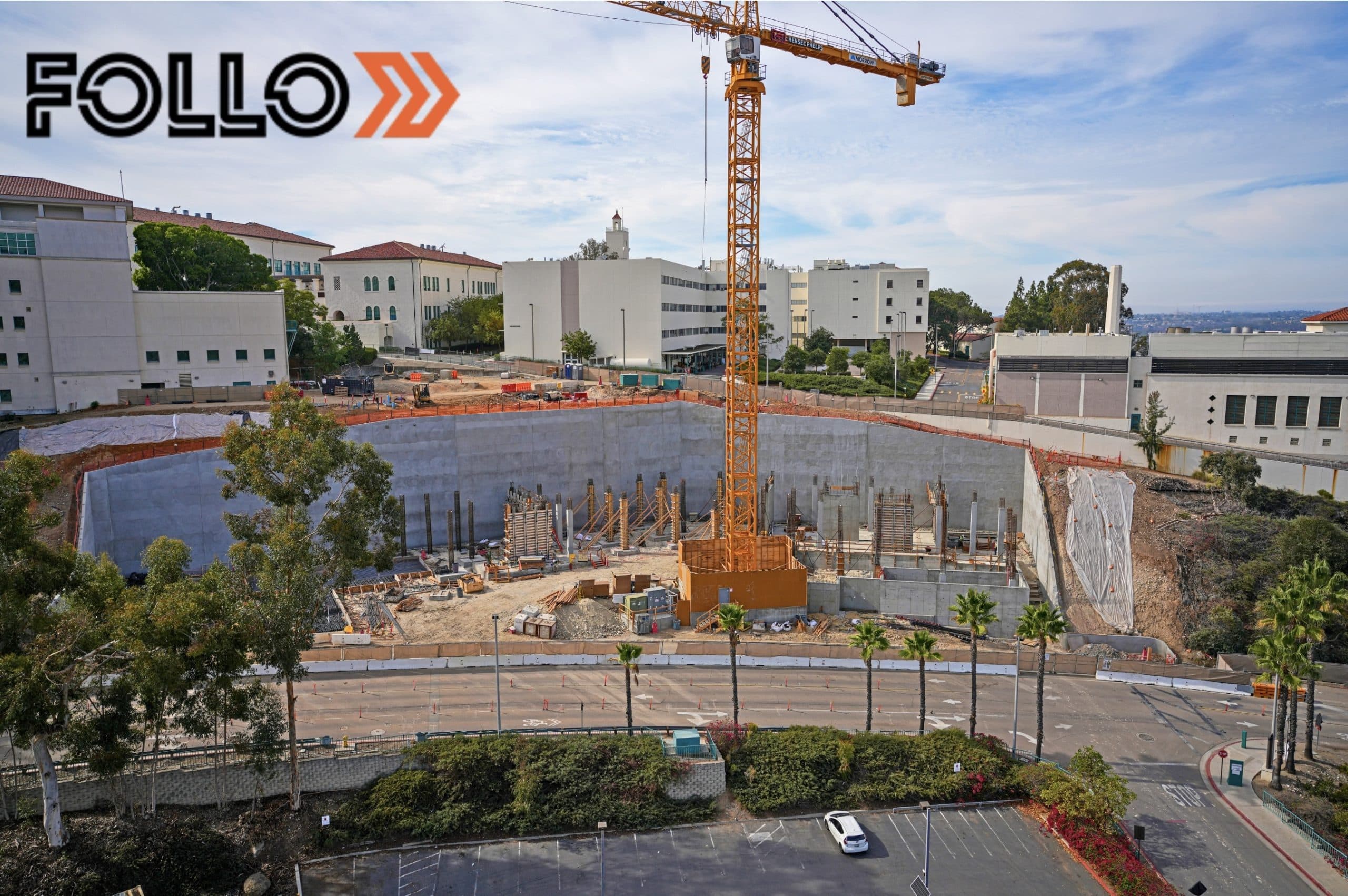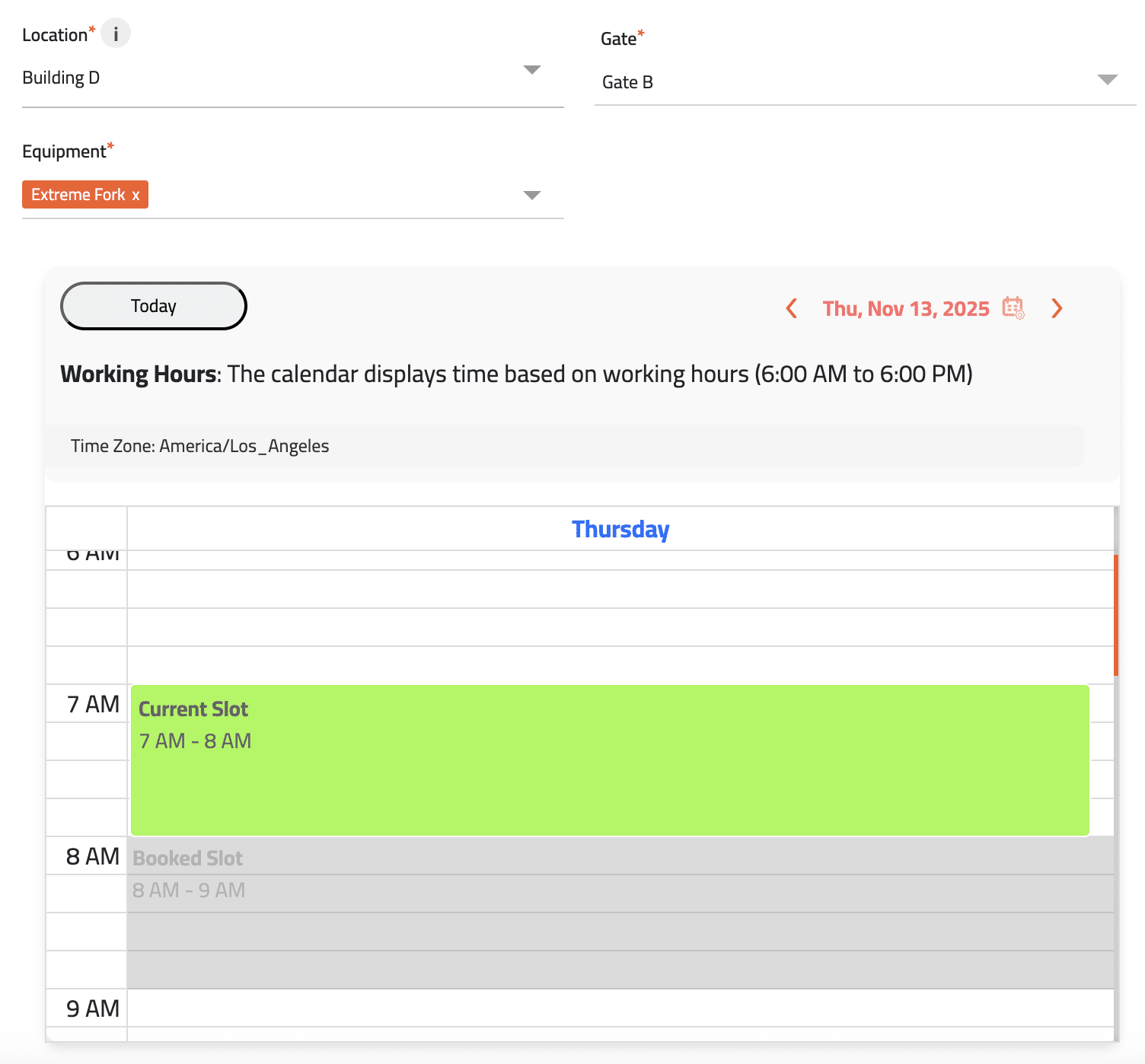Creating a comprehensive site logistics plan is vital for successful construction projects. A well-designed logistics plan ensures that resources, materials, and activities are efficiently organized, promoting productivity, safety, and project success. In this article, we will discuss five key considerations to remember when developing a site logistics plan.
- Understand Project Requirements:Before creating a site logistics plan, thoroughly understand the project requirements. Analyze the project scope, timelines, and deliverables to determine the logistical needs. Consider factors such as material storage, equipment access, and worker movement. By having a clear understanding of project requirements, you can tailor the logistics plan to meet specific needs and ensure efficient operations on the construction site.
- Analyze Site Constraints:Every construction site comes with its own unique set of constraints. Assess the site thoroughly to identify any limitations or challenges that may impact logistics planning. Consider factors such as site layout, existing infrastructure, traffic conditions, and environmental restrictions. By understanding site constraints, you can design the logistics plan to work within these limitations, minimizing disruptions and maximizing efficiency.
- Prioritize Safety:Safety should always be a top priority when creating a site logistics plan. Identify potential hazards and develop strategies to mitigate risks. Incorporate safety protocols for material handling, equipment operation, and worker movement. Ensure clear signage, designated walkways, and proper storage for hazardous materials. By prioritizing safety in the logistics plan, you create a secure working environment and reduce the likelihood of accidents or injuries.
- Ensure Effective Communication:Effective communication is crucial for smooth operations on the construction site. Establish clear communication channels and protocols within the logistics plan. Ensure that all stakeholders, including workers, contractors, and suppliers, are aware of the logistics plan and understand their roles and responsibilities. Regularly update and share information regarding deliveries, site access, and any changes to the plan. Open and transparent communication fosters collaboration, minimizes misunderstandings, and promotes project success.
- Continuously Monitor and Adapt:A site logistics plan is not a static document. It should be regularly monitored and adapted as the project progresses. Continuously assess the effectiveness of the logistics plan, identifying any bottlenecks or areas for improvement. Gather feedback from project stakeholders and make adjustments accordingly. By monitoring and adapting the logistics plan, you can address emerging challenges, optimize operations, and ensure that the plan remains relevant throughout the construction project.
Conclusion:Developing a robust site logistics plan is crucial for the success of construction projects. By considering project requirements, analyzing site constraints, prioritizing safety, ensuring effective communication, and continuously monitoring and adapting the plan, you can create a logistics strategy that optimizes resource allocation, promotes efficiency, and supports project objectives. Remembering these key considerations when creating a site logistics plan will help you establish a solid foundation for smooth and successful construction operations.
Relevant Keywords: Site logistics plan, Construction projects, Project requirements, Site constraints, Safety, Communication


